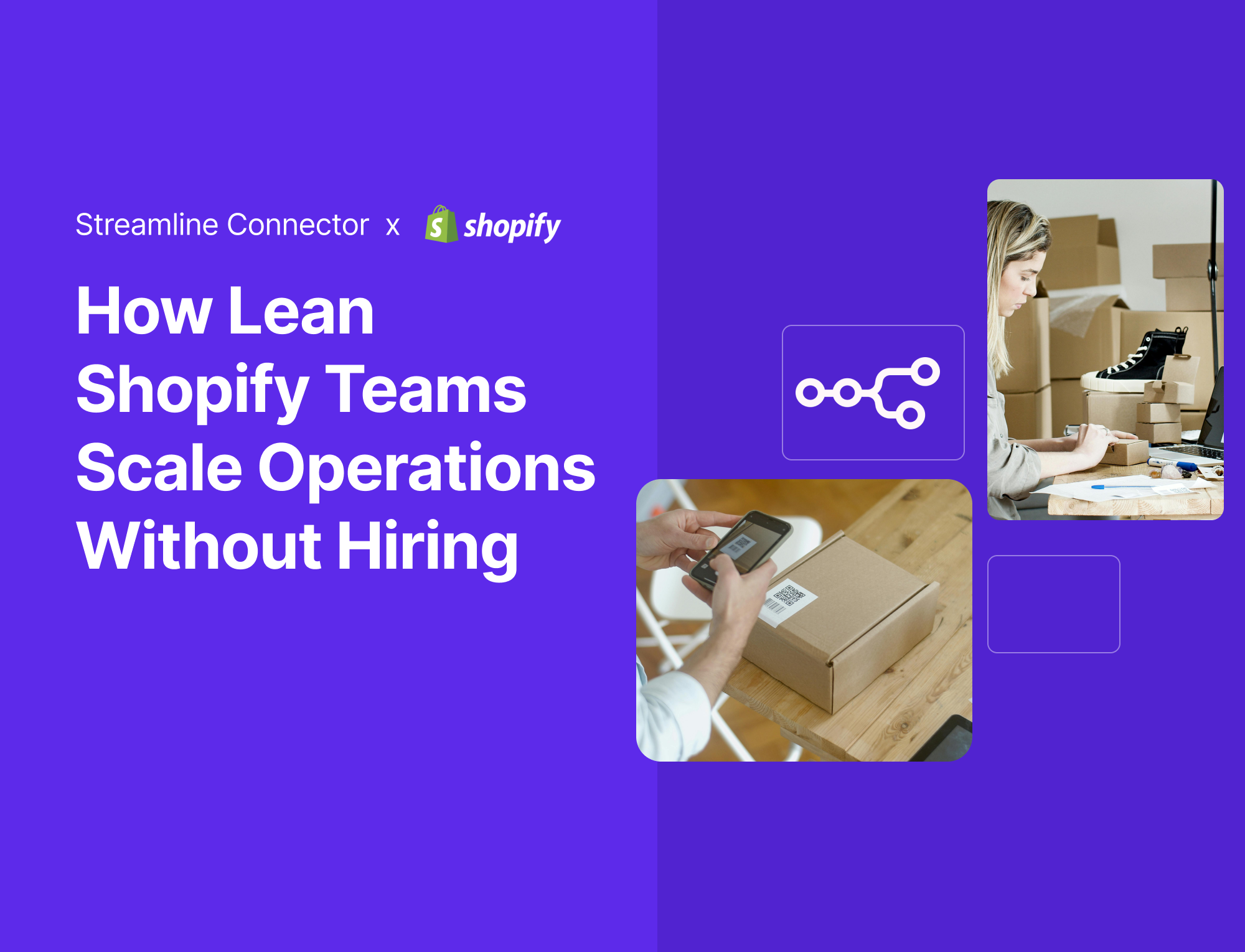Overcoming the AI Resistance: Navigating CX Teams' Concerns for eCommerce Success

Table of contents
When introducing AI agents to an organization, especially in the customer experience (CX) space, opinions can be divided. While many eCommerce managers see the transformative potential of AI, the CX teams themselves often harbor reservations. Such concerns typically stem from fears that AI agents might replace human roles or diminish high-touch customer engagement. But in reality, AI can help CX teams amplify their impact, freeing them from mundane tasks and empowering them to address higher-level customer needs more effectively.
"While some CX teams remain hesitant about incorporating AI due to concerns about the loss of a 'high-touch' experience, many others are actively exploring ways to automate customer experience to enhance interactions. High-ticket brands, including Luis Vuitton and Suit Supply, are using Voiceflow to build AI agents on their online stores, focusing on delivering faster recommendations while still offering live chat. The emphasis is on streamlining initial customer interactions and automating frequently asked questions."

Daniel Dsouza, Head of Growth, Voiceflow
Understanding the Challenge
The root of the issue lies in balancing efficiency with personalized, high-touch interactions that build customer loyalty. For CX teams accustomed to interacting directly with customers, AI can seem impersonal and mechanical. The fear of AI replacing their jobs looms large, coupled with the potential for damaging customer relationships if AI implementations go awry.
Recognizing CX Concerns
- Impersonal Interactions: CX teams worry that AI agents could create robotic and detached experiences, missing the nuanced human touch that makes customers feel valued.
- Job Security: There's apprehension that automation may lead to job losses, overshadowing the potential benefits of offloading repetitive tasks.
- Quality Control: Concerns around AI accuracy and the ability to handle complex customer inquiries without error are also prevalent.
How AI Can Help, Not Replace
Instead of being adversarial to the human workforce, AI can enhance CX teams' capabilities:
- Mundane Task Management: AI chatbots like those supported by the Streamline Connector take care of basic inquiries, such as order status updates or product recommendations. This allows CX teams to focus on nuanced customer needs and address more complex issues.
- Efficiency Boost: With the Streamline Connector integrating Shopify data directly into Voiceflow chatbots, information is up-to-date and accurate. This leads to quick, reliable responses to routine questions, reducing workload and improving customer satisfaction.
- High-Touch Personalization: AI can collect and analyze vast amounts of customer data to provide tailored recommendations. This complements the high-touch service by CX teams, who can use this data to forge stronger customer relationships.
- Reduced Response Costs: Every customer interaction costs brands roughly $1, a figure that adds up quickly for high-volume support. By automating simple queries with AI, businesses can reduce these costs while maintaining the quality of customer engagement.
The Cost of Ignoring AI
Brands that shy away from AI risk losing their competitive edge in a rapidly evolving market. Without leveraging AI:
- Customer Dissatisfaction: Slow response times and errors from overworked human agents could lead to frustration and brand damage.
- Increased Operational Costs: Continuing to rely solely on humans for repetitive tasks can inflate labor costs and divert resources from strategic initiatives.
- Loss of Market Share: Competitors adopting AI can deliver faster, more personalized service, making it challenging for non-adopters to retain customers.
Key Areas to Automate
For eCommerce brands, some areas that CX teams should consider automating include:
- Order Status Updates: Automatically update customers on their orders, reducing manual checks and improving transparency.
- Product Recommendations: Provide personalized product recommendations based on browsing and purchase history to increase sales.
- Knowledge Base Queries: Automatically answer common customer queries by tapping into a well-structured knowledge base, leaving CX teams to handle more sophisticated concerns.
- Sentiment Analysis: Use AI to analyze customer reviews, helping CX teams focus on areas needing immediate improvement.
- Store Details: Update customers on store opening times and locations seamlessly, leveraging Google Business integrations.
Conclusion
While it's natural for CX teams to resist AI due to concerns over impersonality and job security, understanding the ways AI can support rather than replace human agents is crucial. By managing repetitive tasks and leaving more space for high-touch engagement, AI empowers CX professionals to deliver better service. Adopting tools like the Streamline Connector ensures seamless integration of Shopify data into AI chatbots, helping businesses harness the best of both human and machine potential. Ignoring this trend can leave brands behind, while adopting AI thoughtfully can enhance customer loyalty, operational efficiency, and overall profitability.




